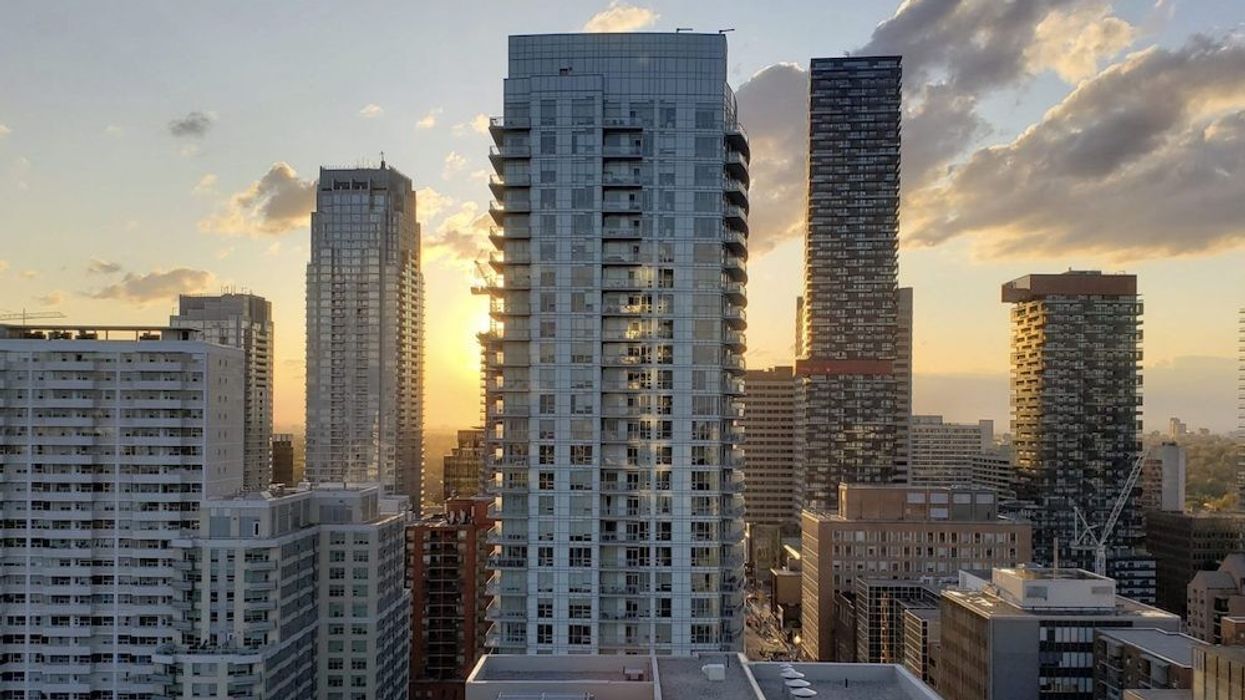The first quarter of the year saw little reprieve from the raging rents that characterized 2022. In fact, rent inflation in the region has been as dramatic as ever, with the average rate for purpose-built rentals edging up to $3,002. That figure has reached “a record high,” according to new research from Urbanation, released Thursday.
The Toronto-based real estate consulting firm also reveals that Q1-2023’s average for purpose-built rentals is up 13.8% based on units that turned over in Q1-2023 and relative to the same quarter in 2022. Despite that rise being on the lofty side, it also demonstrates that the rents are inflating at a slower pace compared to Q4-2022, when the rate of annual rent increase clocked in at 15.1%.
Rent growth saw a similar upswing in the GTA’s condominium market, with average rents posting year-over-year growth of 13.6% and climbing to $2,741 in the first quarter. In the three-year period since Q1-2020, average condo rents have climbed 15%, making up for any declines that occurred during the first year of the pandemic.
Urbanation’s data also shows that condo demand is shifting to smaller units with lower monthly costs. Undoubtedly a reflection of affordability challenges plaguing the GTA, smaller unit types saw dramatic price growth in the first quarter, with rents for units under 500 sq. ft rising 21% year over year.
Meanwhile, rents for studios and one-bedroom units without dens edged up 17.8% and 17.1%, respectively. The average rates for studios and one-bedrooms averaged $2,124 and $2,484, while two-bedrooms were priced at an average of $3,125. The only category of rentals to average less than $2,000 were micro-units under 350 sq. ft, at $1,993.
Attributed to record high population inflows, low homeownership affordability, and a strong labour market, the GTA’s rental market “remained substantially undersupplied” in the quarter, says Shaun Hildebrand, Urbanation President. As such, vacancy rates came in low, at 1.8% for purpose-built rentals. Although that figure is up slightly over its year-ago measure of 1.6%, Q1-2023 is the fifth straight quarter in which the rate was below 2%.
In addition, the data shows that just 724 new purpose-built rentals reached occupancy in the first quarter of the year. Although that figure is below the quarterly average of 794 completions over the past two years, completions are expected to “increase significantly” through 2023, with Urbanation projecting 7,520 units completed by year-end. If achieved, those completions would mark a 174% increase over 2022 and a 297% increase over the latest 10-year average.
However, Urbanation's report stipulates that the uptick in supply is "expected to be temporary." Construction starts over the last four quarters represented a 62% decline over the four-quarter total ending in Q1-2022.
“Even though supply is set to increase in the near term, it is expected to be short-lived and insufficient to offset demand,” continues Hildebrand. “The fact that rental construction has dropped by over 60% in the last year despite rents having risen to over $3,000 is indicative of the economic challenges developers are facing.”





















